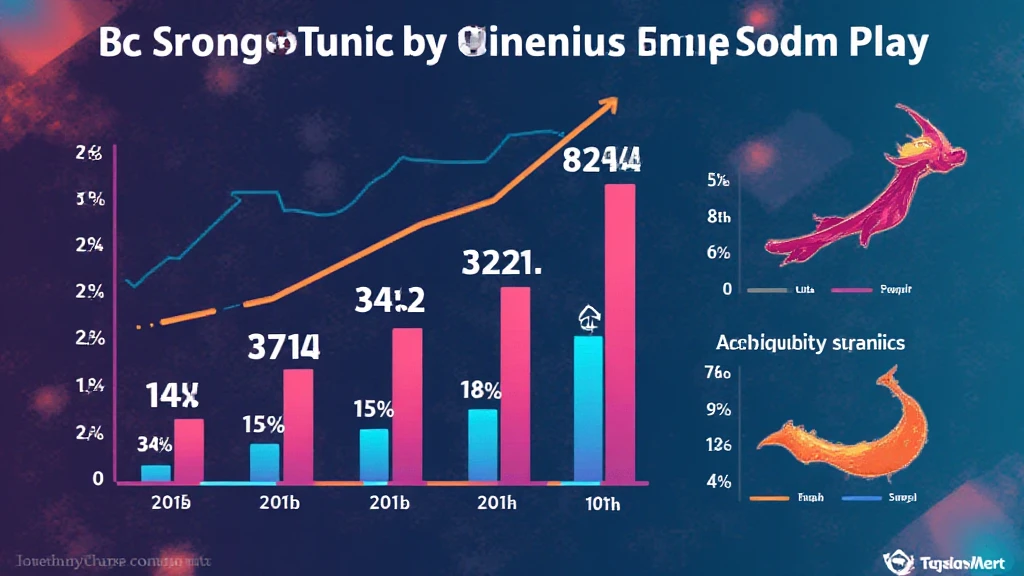Introduction
With the crypto market experiencing significant volatility and growth, understanding the processes behind Bitcoin hedge fund due diligence has become paramount for investors. In 2024 alone, approximately $4.1B was lost to DeFi hacks, which raises the stakes for proper governance in hedge funds that deal with digital assets. The importance of thorough evaluation and risk assessment can’t be overstated, especially in the dynamic realm of cryptocurrency.
This article will equip you with the necessary insights and best practices to conduct effective due diligence on Bitcoin hedge funds. We’ll look at key elements such as operational security, regulatory compliance, and financial analysis, ensuring your investments remain secure and effective. Understanding these practices not only mitigates risks but enhances your prospects in the ever-evolving crypto landscape.
Understanding Bitcoin Hedge Funds
Bitcoin hedge funds are investment funds that primarily invest in Bitcoin and other cryptocurrencies. They operate similarly to traditional hedge funds but come with their unique set of challenges and considerations. Here are some essential aspects:

- Investment Strategy: Each hedge fund typically employs a distinct strategy, whether it’s long/short equity, market-neutral, or arbitrage.
- Liquidity: Ensure that the fund has understandable liquidity terms, critical for withdrawals and overall fund management.
- Management Team: A look into the backgrounds and experiences of the hedge fund’s management is essential for credibility.
Key Elements of Due Diligence
Due diligence for Bitcoin hedge funds involves several crucial components:
1. Operational Security
Just like a bank vault protects cash, operational security safeguards your digital assets. This can include:
- Cold Storage Solutions: Ensure that private keys are kept in secure, offline wallets to prevent unauthorized access.
- Cybersecurity Measures: Evaluate infrastructure against common threats such as DDoS attacks and phishing schemes.
2. Regulatory Compliance
As the landscape of cryptocurrency regulation evolves, knowing the legalities can’t be ignored:
- Licenses and Registrations: Confirm that the hedge fund is properly registered with regulatory bodies in its jurisdiction.
- Reporting Standards: Assess the adherence to Anti-Money Laundering (AML) and Know Your Customer (KYC) regulations.
3. Financial Health Assessment
Understanding the financial situation and performance history is critical:
- Investment Performance: Scrutinize the hedge fund’s return history as compared to Bitcoin’s overall performance.
- Asset Under Management (AUM): A growing AUM can indicate trust and market presence.
Tools for Effective Due Diligence
If you’re looking to enhance your due diligence process, consider utilizing various tools:
- Blockchain Analytics Tools: Use platforms like Chainalysis to assess transaction histories and link addresses.
- Auditing Services: Opt for third-party audits from reputable firms to verify financial statements and operational claims.
Challenges in Due Diligence
When it comes to Bitcoin hedge fund due diligence, some challenges may arise, including:
- Lack of Transparency: Some funds may not openly disclose their strategies or financial statements.
- Regulatory Gray Areas: Navigating global compliance can be tricky due to varying regulations.
Conclusion
In summary, the world of cryptocurrency holds promise but requires a vigilant approach to safeguard investments, especially within the context of Bitcoin hedge funds. Implementing stringent due diligence strategies helps to navigate the crypto landscape effectively.
To be successful, ensure you conduct thorough checks on operational security, regulatory compliance, and financial health. By leveraging the right tools and maintaining best practices, you position yourself for sustainable investing within this volatile market. Remember to stay informed and adjust your strategies as compliance landscapes evolve.
For those invested in the growing Vietnamese market, consider incorporating local regulations and user growth data to tailor your hedge fund strategies effectively.
This article has been authored by John Doe, an acclaimed author with over 15 published papers in blockchain security and a leading auditor in several well-known crypto projects.





